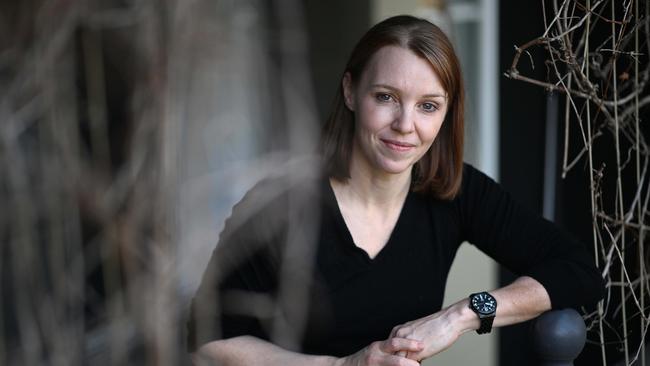NHS decision to ban puberty blockers for children stirs up debate
Two weeks out from the release of a long-awaited review into Queensland’s Children Gender Clinic the English National Health Service (NHS) has made a major call.
QLD News
Don't miss out on the headlines from QLD News. Followed categories will be added to My News.
Two weeks out from the release of a long-awaited review into Queensland’s Children Gender Clinic the English National Health Service (NHS) has banned puberty blockers for children dealing with gender dysphoria.
The landmark decision has stirred up debate locally, with some critics of puberty blockers expressing relief over the decision.
Puberty blockers have been the subject of intense scrutiny within medical circles due to concerns over their long-term effects, particularly on fertility and sexual function.
In 2023, Queensland’s Children Gender Clinic issued 172 prescriptions for puberty blockers Leuprorelin and Lucrin, with the service treating a total of 899 patients.
In a statement released last week, the NHS emphasised the lack of sufficient evidence regarding the safety and effectiveness of these blockers in addressing gender incongruence or dysphoria among younger populations.

While the NHS’s move has been lauded by some experts, it has ignited a broader conversation about the appropriate medical interventions for children grappling with gender dysphoria.
The Netherlands parliament recently commissioned a review into puberty blockers as a gender-affirming model of medical care, raising further questions about Australia’s own model which was based on the same research.
The NHS’s decision marks a pivotal moment in the ongoing discourse surrounding transgender healthcare and the need for greater transparency and rigorous evaluation of treatment protocols to ensure the well-being of transgender individuals, particularly children and adolescents.
Prominent children’s psychiatrist Dr Jillian Spencer said the NHS decision laid bare the “lack of evidence of benefit underpinning puberty blockers”.
“It is scandalous that these drugs are currently in widespread use, being prescribed by doctors off label, without having been subject to high quality clinical trials,” she said.
A Queensland Health spokeswoman said the department was unable to comment on the NHS decision and the possibility of a puberty blockers ban or restriction in Queensland while the gender clinic was under review.

“We look forward to receiving the final report and recommendations of the current service evaluation, announced in December 2023, which is examining the latest international evidence base to ensure we continue to deliver the best health and wellbeing outcomes for the children and young people we serve,” the spokeswoman said.
Health Minister Shannon Fentiman said the state remained committed to providing high-quality healthcare to transgender youth.
“Our Queensland Children’s Gender Service is considered one of the best in the country, based on the best available evidence,” she said in a statement.
“All trans young people deserve access to high quality and timely healthcare and that is something we are committed to continue providing.”



